The information was given at an online conference organized by the Ministry of Health on April 10 to implement the National Action Plan on infection control in medical examination and treatment facilities for the period 2025-2030.

Speaking at the conference, Deputy Minister of Health Tran Van Thuan - Chairman of the National Medical Council - emphasized: "Hospital infections are one of the most common adverse events in the process of treatment and medical care".
According to the World Health Organization (WHO), in middle- and high-income countries, 7 out of every 100 people admitted to hospital have at least one hospital-acquired infection. In low-income countries, the rate is 15%. Infections prolong hospital stays by 5 to 29.5 days, increase treatment costs, and increase the risk of complications.
Faced with this situation, the Ministry of Health has developed an Action Plan for the period 2025–2030, aiming to tighten infection control, ensure patient safety, improve the quality of medical services and disease response capacity.
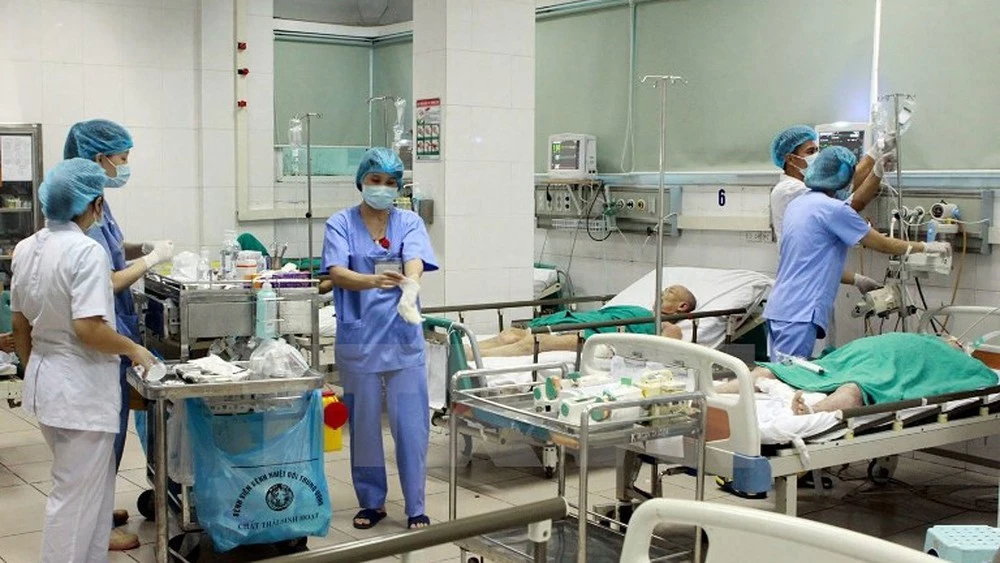
However, this work is still facing many challenges such as resource disparities between health care levels, lack of specialized equipment and supplies, and limited awareness and compliance with infection prevention procedures among some health care workers, patients and their families.
In particular, drug-resistant and multi-drug-resistant bacteria are becoming increasingly common, while emerging and re-emerging diseases also put great pressure on the health system.

Speaking at the conference, Dr. Angela Pratt - WHO Representative in Vietnam affirmed: "Infection control plays a key role in protecting both health workers and patients. WHO is committed to continuing to accompany Vietnam to improve the capacity of the health system and develop more effective infection prevention and control solutions."
Source: https://www.sggp.org.vn/nhiem-khuan-benh-vien-ganh-nang-ngay-cang-lon-voi-nguoi-benh-va-y-te-toan-cau-post790038.html




![[Photo] Prime Ministers of Vietnam and Thailand visit the Exhibition of traditional handicraft products](https://vphoto.vietnam.vn/thumb/1200x675/vietnam/resource/IMAGE/2025/5/15/6cfcd1c23b3e4a238b7fcf93c91a65dd)

![[Photo] National Assembly Chairman Tran Thanh Man meets with Thai Prime Minister Paetongtarn Shinawatra](https://vphoto.vietnam.vn/thumb/1200x675/vietnam/resource/IMAGE/2025/5/15/e71160b1572a457395f2816d84a18b45)




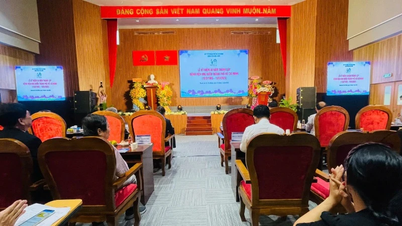

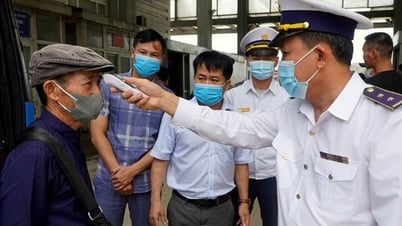
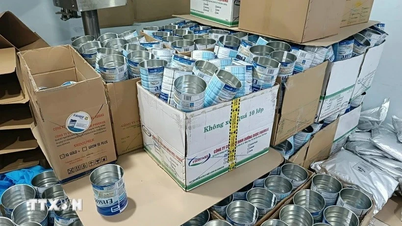

































































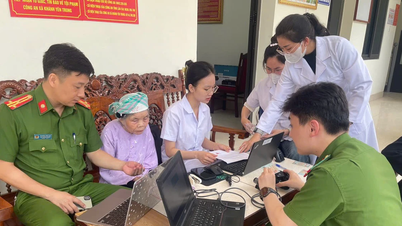












Comment (0)